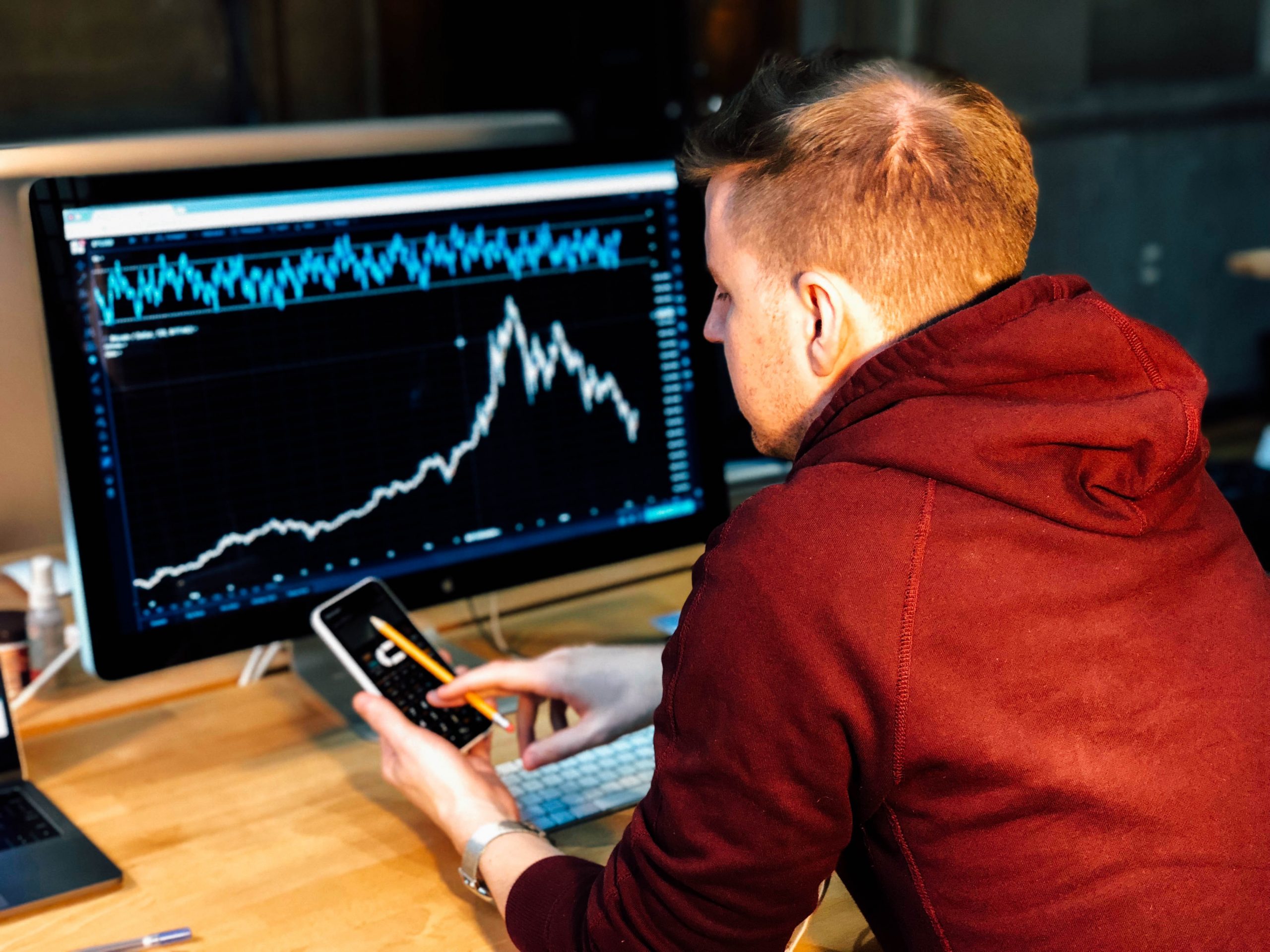A contract for difference (CFD) is a contract between two parties, typically used to speculate on the price of an asset. CFDs allow traders to invest in a purchase without having to own it.
CFDs are popular in the Middle East and North Africa (MENA) region. They offer traders a way to make money from price movements in stocks, indices, currencies and commodities without purchasing the underlying asset.
CFDs are also known as margin trading, as investors can trade using leverage, which allows them to control a more prominent position than their initial investment would otherwise let.
This means that investors can make more money on a winning trade and stand to lose more money on a losing trade.
When a trader buys a CFD, the contract’s price is based on the current market price of the underlying asset.
The profit or loss that results from opening and closing a position with a CFD is never realised as it is not as if you have purchased an actual share in your trading account.
In addition, you do not receive dividends from holding shares.
To trade, traders must first open a margin account which allows them to use leverage within limits set by their brokerage firm.
Margin requirements define how much capital a person needs to open a position and range from 10% to 50%.
If they choose not to meet this margin requirement, they would be unable to open that particular CFD until sufficient funds are deposited into their account.
CFDs can be bought and sold just like any other security and can be closed at any time before the expiration date.
When you complete a CFD position, you may receive or pay the difference between the opening price and the closing price of the contract.
Investors should never forget the risk of losing money when trading CFDs, as they are not immune to market fluctuations.
It is essential always to utilise stop losses and take profits to minimise potential losses.
What is a Contract for Difference (CFD)?
A contract for difference (CFD) is a type of derivative product that allows traders to speculate on the price movement of an asset without having to own it.CFDs are popular in the Middle East and North Africa (MENA) region.
They offer traders a way to make money from price movements in stocks, indices, currencies or commodities without purchasing the underlying asset.
CFDs are also known as margin trading, as investors can trade using leverage, which allows them to control a more prominent position than their initial investment would otherwise let.
This means that investors can make more money on a winning trade and stand to lose more money on a losing trade.
How do CFDs work?
When opening an account with an online brokerage firm, you will be required to open two versions – one for CFD trading and another for cash trading.
Within your CFD trading account, you may start trading CFDs just as you would sell any other security. To open a position, an investor must first put down an initial margin amount which is the minimum account balance of your contract.
Because you are using the existing money in the account to do this, there is no need to deposit more funds or wait for them to clear – all that is needed is the cash available on the brokerage firm’s books, along with enough equity (or “margin”) to maintain your position.
Once traders have opened their account and confirmed that it has sufficient funds, they can then go ahead and select an instrument or market they wish to trade within, choose either long (betting that prices will rise) or short (betting that prices will fall), set stop loss and take profit levels, and finally open a position.
When opening a long position on foreign currency pairs such as EUR/USD, traders will buy the base currency (in this case, euro) in the expectation that at some point in the future, it will appreciate vs the counter currency (the US dollar).
If they sell before expiry, they profit because their trade has effectively increased in value.
When opening short positions, however, traders are essentially selling the pair in anticipation of its depreciation, so if you close your work before expiration, you have made money by trading down.
Profits or losses are realised when an investor closes their position with an online brokerage firm either through lack of interest or by following stop-loss rules which automatically terminate all active positions when the price moves beyond a predetermined level.
For more information use this link.

